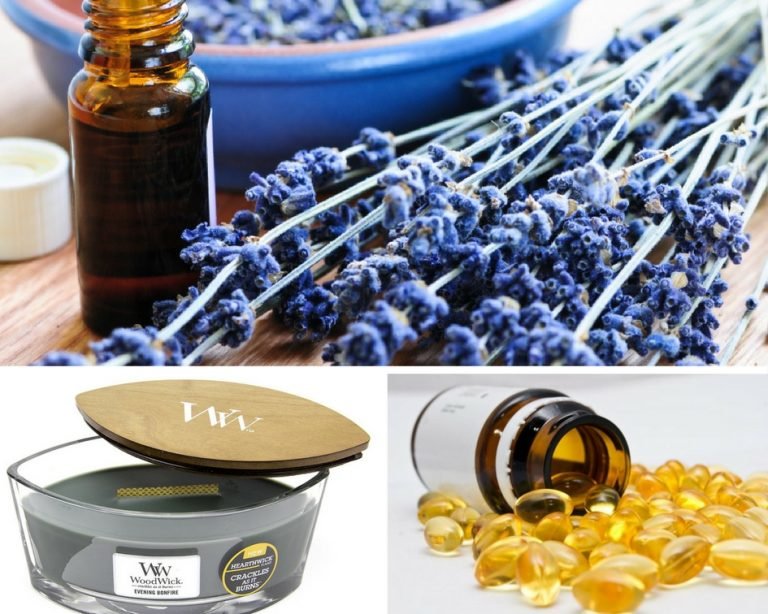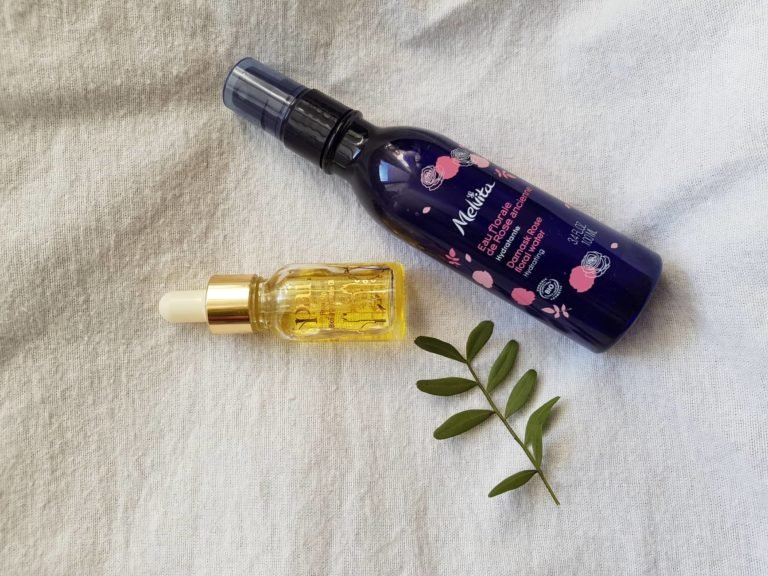Top 12 Carrier and Essential Oils for Hyperpigmentation
Can essential oils cure hyperpigmentation? And what are the best carrier oils to use for anti-hyperpigmentation blends? Natural carrier oils and essential oils are great for curing hyperpigmentation due to their ability to heal the skin on a cellular level.
Oils for hyperpigmentation: which ones work?
Hyperpigmentation is a common condition when patches of skin become darker in color than the normal surrounding skin. Though this condition is usually harmless, you may think of the need to remove this unpleasant appearance and out your skin using essential and carrier oils for hyperpigmentation.
Hyperpigmentation can be caused by excessive exposure to the sun, but as well in situations when the balance between estrogen and progesterone is distorted. Heat, trauma (chemical treatments, lasers, or cuts) can also cause hyperpigmentation.
If you want to know how hyperpigmentation looks and if you have any of it, here are several examples of different types of hyperpigmentation: sun spots, dark spots, liver spots, freckles, melasma (or the mask of pregnancy), acne spots (a form of post.inflammatory pigmentation).

Essential and carrier oils provide hydration, moisturizing effect, oxygen, vitamins, minerals, antioxidants, lipids, essential fatty acids, and proteins to nourish the skin. However, not all oils are beneficial for clearing dark spots and some work better for hyperpigmentation than others.
Ready-made Oil Blend for Dark Spots

If you want to rely on pre-made and balanced blend of essential and carrier oils, that can be applied directly on skin and help wigh getting rid of dark spots, check out this formula blend Dark Spot Corrector Serum:

Made with Lemon, carrot and rosa essential oils (base oil is corulys nut oil) this blend is very powerful agains stubborn dark spots on forehead, cheeks and also age spots on hands.
Customer reviews:
Best carrier oils for hyperpigmentation
1. Evening primrose oil for hyperpigmentation
Evening primrose oil is also effective in reducing hyperpigmentation when it is caused by hormonal imbalance. Evening primrose oil contains a powerful anti-inflammatory ingredient called gamma-linoleic acid (GLA).
According to a 2010 scientific study [1], the application of “saponified evening primrose oil resulted in efficient whitening of hyperpigmentation of human skin”.
To reduce the appearance of hyperpigmentation, take 3000mg of evening primrose oil daily. You can consume this oil twice a day in the form of capsules. This will help affected skin cells to heal. I have covered the benefits and dosage of this phenomenal oil in this ultimate guide on evening primrose oil.
To strengthen the effect, you can also apply evening primrose oil topically. Combine equal parts of primrose oil with argan oil and this mixture on the affected areas every night to treat uneven skin tone and unwanted dark spots.






